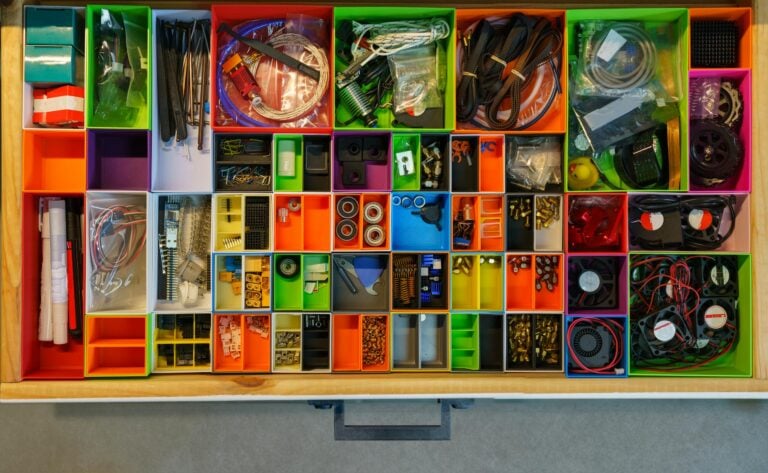Why Couple Time Gets Lost in Parenthood
Finding meaningful time with your partner while parenting can feel like chasing a mirage—just when you think you’ve found a moment, someone needs a snack, a ride, or a referee. Whether you’re managing bedtime battles with toddlers or navigating teenagers who never leave the house, carving out space for your relationship isn’t just desirable—it’s necessary.
Couples who prioritize intentional connection, even in the thick of family life, are investing in the long-term health of both their relationship and their family.
⸻
Intentional Scheduling Isn’t Just for Soccer Practice
Some couples learn to schedule their time together with the same commitment they give to their child’s religious classes or piano lessons. I’ve worked with parents who set up simultaneous playdates for their kids so they can claim a private, grown-up “playdate” of their own.
As children grow, the timing shifts. Teenagers often sleep late, making early mornings a perfect opportunity for connection. With little ones, the quiet arrives after bedtime—but by then, most parents are too exhausted to be romantic. Still, that late-night window can be reclaimed. One couple I worked with set an alarm for 2 a.m.—not because they were night owls, but because it was the only time they knew they wouldn’t be interrupted.
⸻
Creativity Beats Convenience
You don’t need a five-star resort to reconnect. Gottman recommends three overnight getaways a year, but these can be local and low-cost. One family I know traded houses during their kids’ sleepovers. The kids got adventure, and the parents got privacy—without a bill at checkout.
Some couples create “affairs” with each other—midday rendezvous at a nearby hotel, mental health days off work, or early babysitters so they can linger over a drink before the dinner hour chaos begins. These aren’t indulgences. They’re interventions. They say: “We still matter, even when everything else is screaming louder.”
⸻
Use the Time Well
Here’s what these moments are not for: conducting a State of the Union. That’s a different kind of conversation, and it deserves its own space. When you finally carve out time for connection, don’t use it to air grievances or manage conflict. Use it to reconnect emotionally.
Pretend it’s your third date. Be interesting. Be interested. Ask thoughtful questions. Stay away from heavy logistics and anxious parenting spirals. Share something real, but also something light.
Afterwards, ask yourself: Did I enjoy being with my partner? Did I enjoy who I was around them? If the answer is no, don’t panic—but don’t ignore it. That’s your cue to check in more deeply about what’s shifted and what’s still salvageable.
⸻
If It Feels Too Hard, You’re Not Failing
If your first reaction to these ideas is, “That sounds expensive,” consider what you already spend—in time, energy, or money—on everything else. Your job. Your kids. Even your pet. Your marriage deserves as much. Frankly, few things are more expensive than an avoidable divorce.
And if you don’t know how to begin, that’s not a character flaw. It’s a sign that your relational muscles need exercise. That’s what we do in intensives. We offer a structured, science-based approach that helps couples stop guessing and start understanding—fast.
⸻
This Is Not Extra. This Is Essential.
Making time for each other isn’t just about preserving romance. It’s about reinforcing the foundation your family is built on. These moments—whether spontaneous or scheduled—create the emotional scaffolding that holds the entire system together.
There’s no universal blueprint. But there is one truth: when couples consistently prioritize connection, their relationships become more resilient. Their children are more secure. Their homes more emotionally sane.
So don’t wait for the kids to leave or for the stress to subside. Whether you choose early morning coffees, midday escapes, or midnight adventures, the effort you put in today is the investment that carries your marriage into tomorrow.







